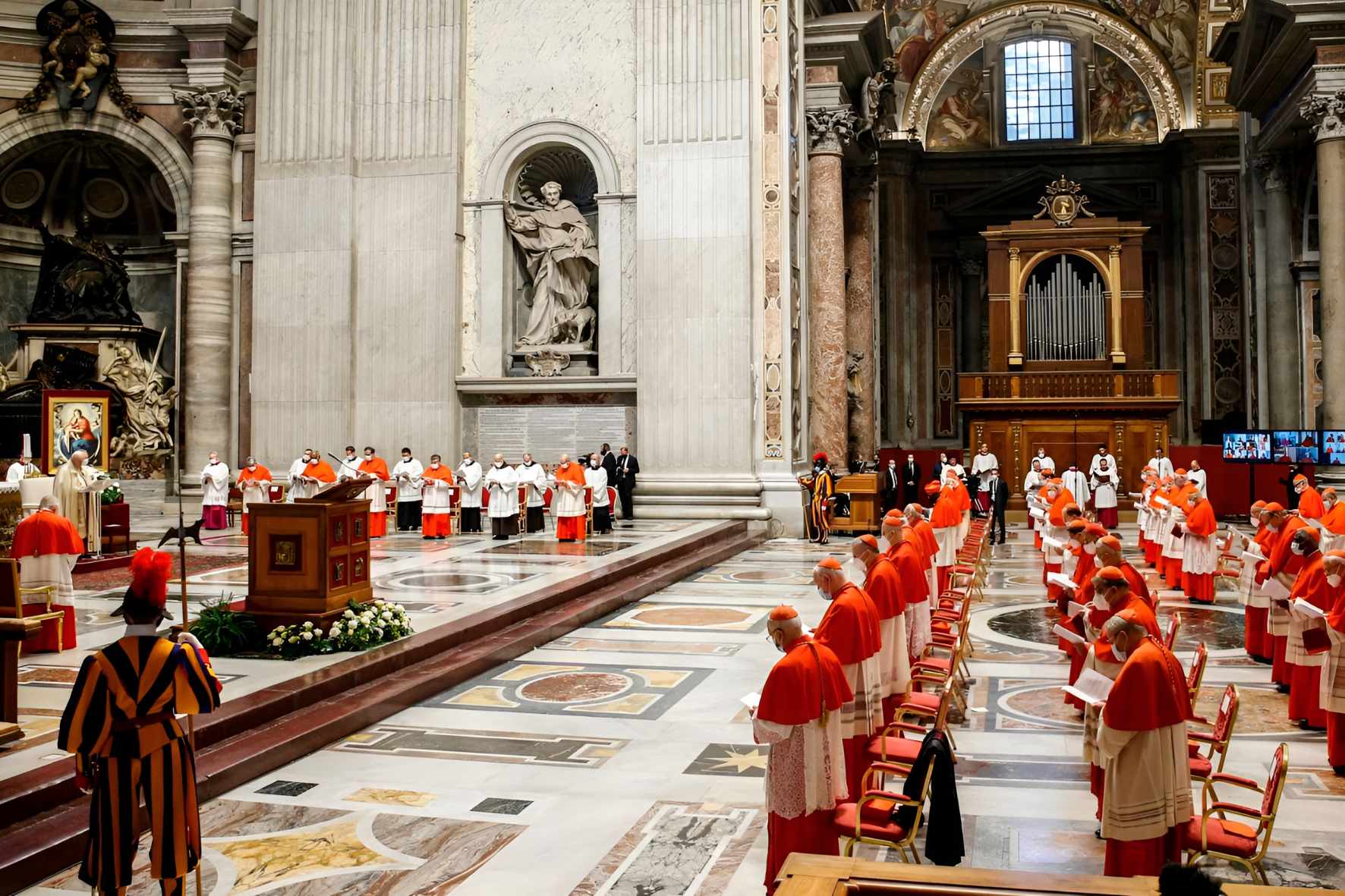All 133 Catholic cardinals eligible to elect the next pope have arrived in Rome, setting the stage for a closely watched conclave that begins Wednesday inside the Sistine Chapel.
The election follows the recent death of Pope Francis, and the outcome is expected to shape the Church’s future path.
With the final eligible cardinal now in the city, Vatican officials confirmed that preparations for the secret ballot are complete.
Only cardinals under the age of 80 can take part in the conclave, which will be held behind closed doors, away from any outside contact.
Since the passing of Francis on April 21, the cardinals have gathered almost daily to assess the state of the 1.4-billion-member Catholic Church.
These meetings have helped frame key issues and concerns that will likely influence their decision when voting begins.
At a Monday morning meeting, 180 cardinals were present, including 132 electors.
Although the 133rd voting cardinal was already in Rome, he did not attend the session.
The Vatican noted that two cardinals—one from Kenya and one from Spain—will not take part due to health issues.
The cardinals have been weighing the qualities they want in the next pontiff.
According to a Vatican spokesman, they are looking for someone "present, close, capable of being a bridge and a guide; a shepherd close to the real life of the people.”
The meeting also touched on internal divisions in the Church.
The spokesman acknowledged "strong concern" over these differences, which may relate to recent decisions such as blessing same-sex couples and debating the role of women in the Church.
These topics have sparked wide-ranging discussions and may play a part in the choice of a new leader.
Some cardinals favor continuing Francis’ push for openness and reform, while others are urging a return to more conservative teachings centered on Church doctrine.
The conclave process often takes several days, with multiple rounds of voting needed to reach the required three-quarters majority.
Among those frequently named as possible successors are Italian Cardinal Pietro Parolin and Filipino Cardinal Luis Antonio Tagle.
However, many voting cardinals remain undecided.
"My list is changing, and I think it will continue to change over the next few days," said British Cardinal Vincent Nichols, who is participating in his first conclave.
"It’s a process which for me is far from concluded, far from concluded."
The cardinals will hold another round of talks Monday afternoon, followed by a final session on Tuesday.
They will be housed in two Vatican guesthouses and remain cut off from the outside world throughout the conclave, in line with long-standing tradition.
German Cardinal Walter Kasper, though too old to vote, expressed confidence that the new pope would carry forward Francis’ legacy.
"I believe that there is a very clear expectation. People want a pope to follow Francis. A pastor who knows the language of the heart, who does not close himself in palaces," Kasper said in an interview with La Stampa.
